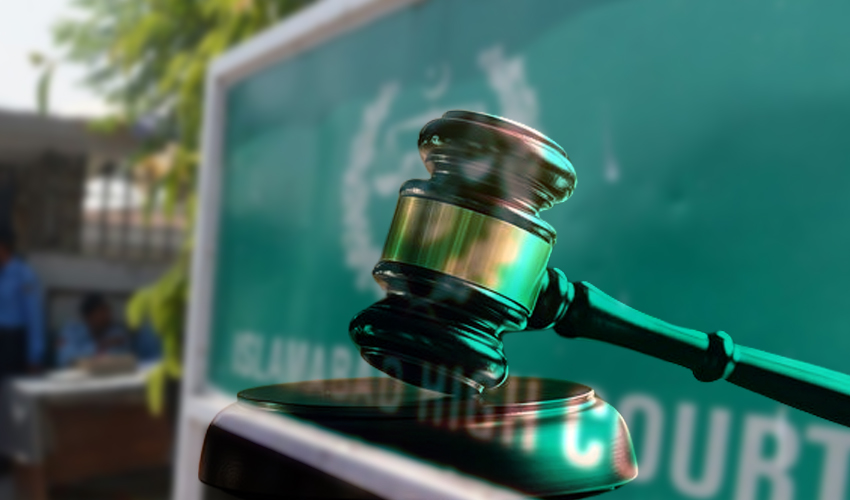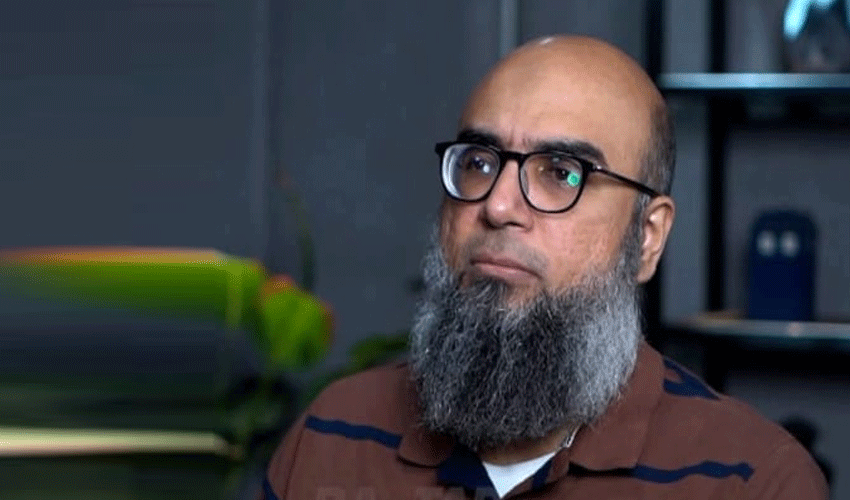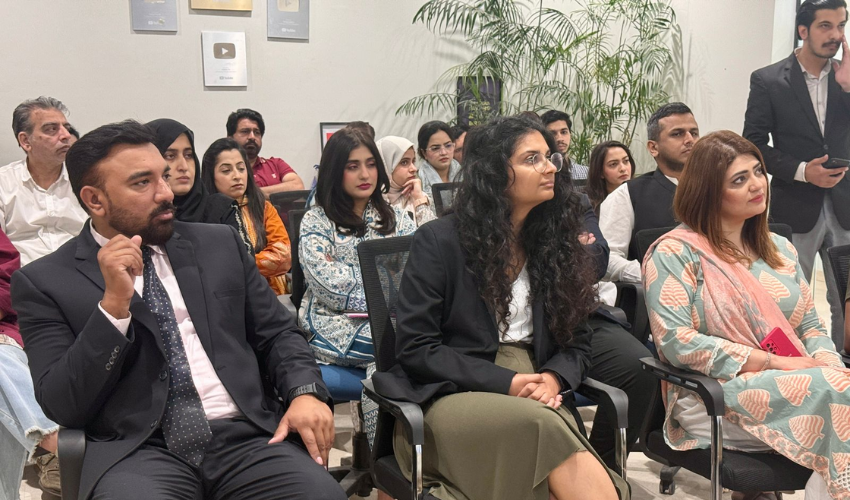During the hearing of a case of missing Baloch students in the Islamabad High Court, Justice Mohsin Akhtar Kayani remarked that there is an objection to the illegal work of the agencies, not to stop them from working according to the law.
It would be good if the working procedures of the agencies were clarified, the judge said.
Justice Kayani heard the case regarding the implementation of the recommendations of a commission set up regarding the recovery of Baloch students. The attorney general for Pakistan appeared in court on being summoned, along with lawyers Imaan Mazari and Hadi Ali Chattha, on behalf of the missing Baloch students.
At the beginning of the hearing, the attorney general presented the report of the Committee on Missing Persons to the court.
Justice Kayani said that this court had formed a committee, which had some TORs, including how many cases of terrorism were registered against Baloch students in the last 10 years. None of the courts, judges, lawyers, journalists, parliamentarians talk about stopping the agencies from working according to the law, but only talked about stopping them from working against the law.
The court stated that according to the law, the FIA, and police can conduct an investigation, and the agencies can assist them. The judge noted that everyone has to work within the jurisdiction of law, and no one can stop the agencies from working according to the law. "We have to make the police, CTD and FIA effective, as these organisations have to investigate, while the other agencies can assist them," he remarked.
Justice Kayani remarked that it is alleged that many people are in the custody of the agencies. He asked if there is an annual audit of agency funds since they must be spending on food and other expenses also, but the state is being charged for it.
The court noted that no one has any objection to the operations of the agencies, but the only issue is their working outside the law. The prime minister was called and he also said the same thing. "We all have to work within the jurisdiction of the law," Justice Kayani further pointed out, adding that the country had lost 70,000 lives to terrorism and the authority given under the legal sphere has to be implemented.
Attorney General Mansoor Usman Awan told the court that the state will have to show sympathy, as the economy has gone down a lot, asking that under these circumstances, how domestic or foreign investors will invest here.
The court said that the administrative committee of the Islamabad High Court has separated the revenue-related cases yesterday, adding that the court will dispose of the revenue-related cases as soon as possible as a model.
Lawyer Imaan Mazari told the court that a committee for missing persons was formed, but none of its members went to meet the relatives of the missing persons, and there was no progress, adding that no information was provided to the relatives of the missing persons as well.
The court noted that many missing persons have reached their homes due to the efforts of the attorney general.
Justice Kayani observed that as long as the cases of missing persons continue to come, the courts will continue to work, adding that there is not a single case on which they can issue an order and dispose of it. He added that criticism goes on.
The AGP told the court that the matter related to missing persons will be taken up in the next two meetings of the cabinet, suggesting the court change the composition of the committee in terms of the DG ISI, DG MI and DG IB. He proposed that officials of lower ranks than DGs should be included in the committee to facilitate coordination. The court said an order would be issued.
The court later adjourned the case till June 14 for further hearing, directing the attorney general to submit the answers to the questionnaire at the next hearing.



























